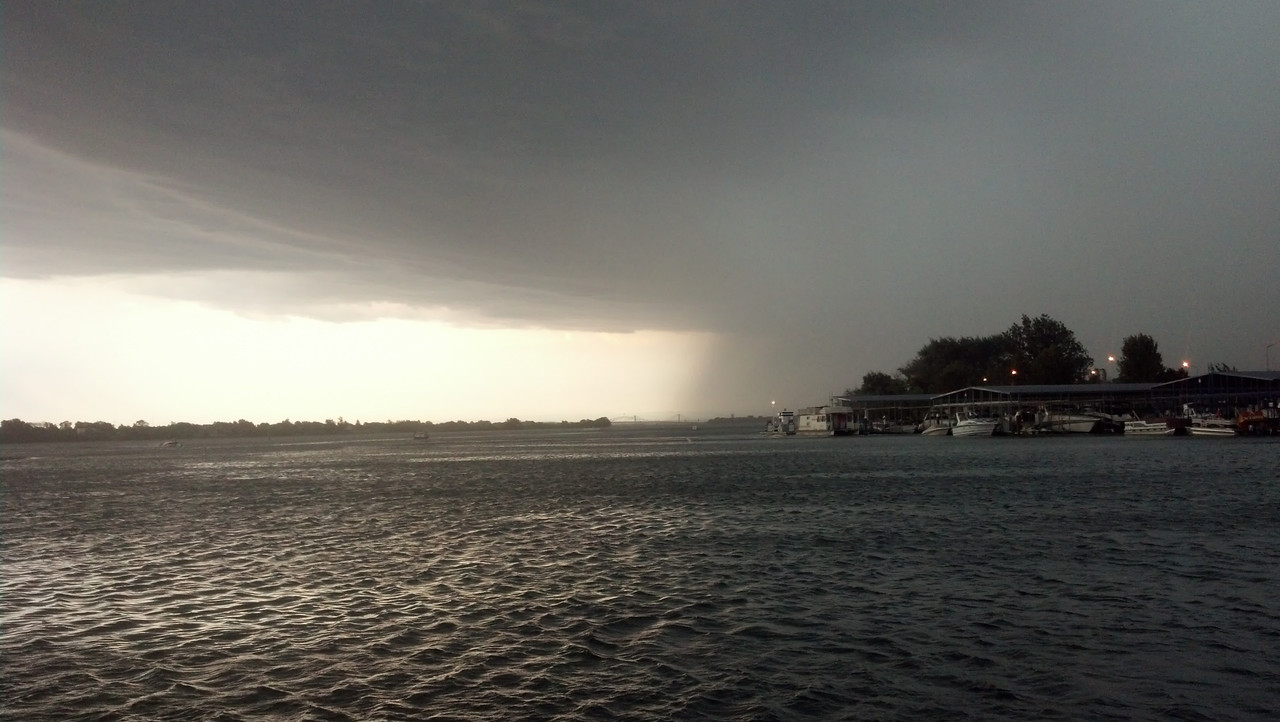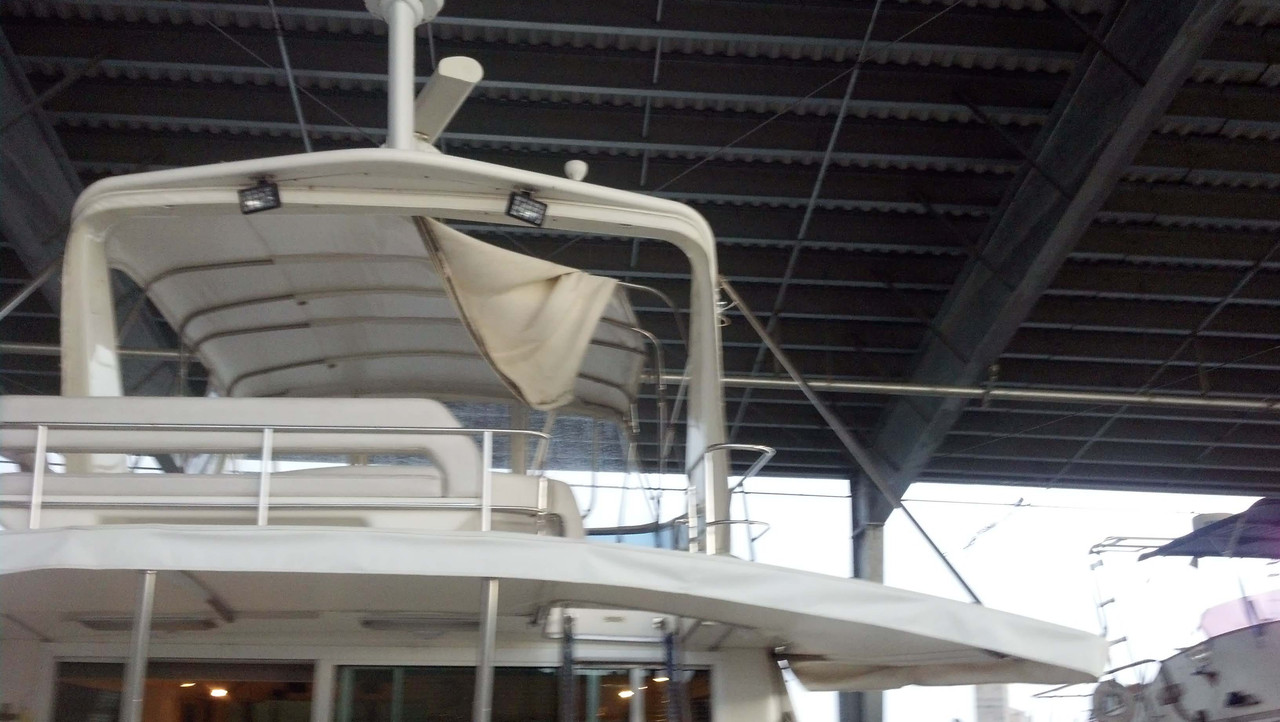I have read many of your posts.
my recommendation is to get rid of your current boat and get a house boat.
Just might be worth considering....if you never get out in open water, at night or in fog. So, depends on your needs.
As for the necessary tools to navigate, that depends on your boating, too. Many of us would not be with out radar, or a lot of the other tools.
BUT, if yours works, no downside to using it. However, I could argue to plan for a new one as when it fails the cost of fixing is probably not worth keeping it. Radars are sooo cheap today with such capability. Ranks right up there after a VHF, depth and potter. Autopilot next.



